Accelerating globalisation threatens Maghreb stability
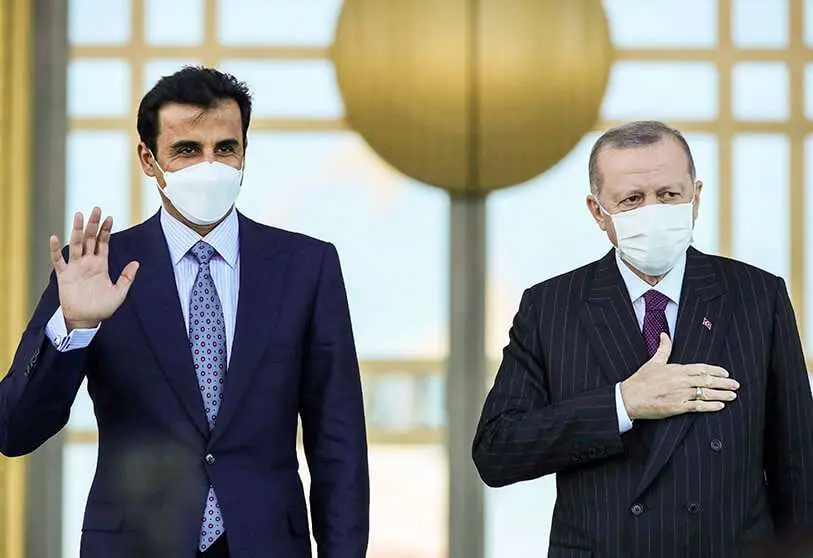
Asia's growing power on the international stage is nothing new. The expansion that countries such as China have been experiencing for years affects almost the entire planet, whether or not they have a direct relationship with Chinese actions. The rapprochement that China has been working on for some time towards Europe and Western positions means that intermediate positions are at a crossroads that is difficult to manage, as is always the case when a giant of the dimensions of the country led by Xi Jinping makes an appearance. This is the case of the Maghreb and the Gulf, which are witnessing the Asian country's movements first-hand and fear the possible destabilisation of such sensitive regions as Africa.
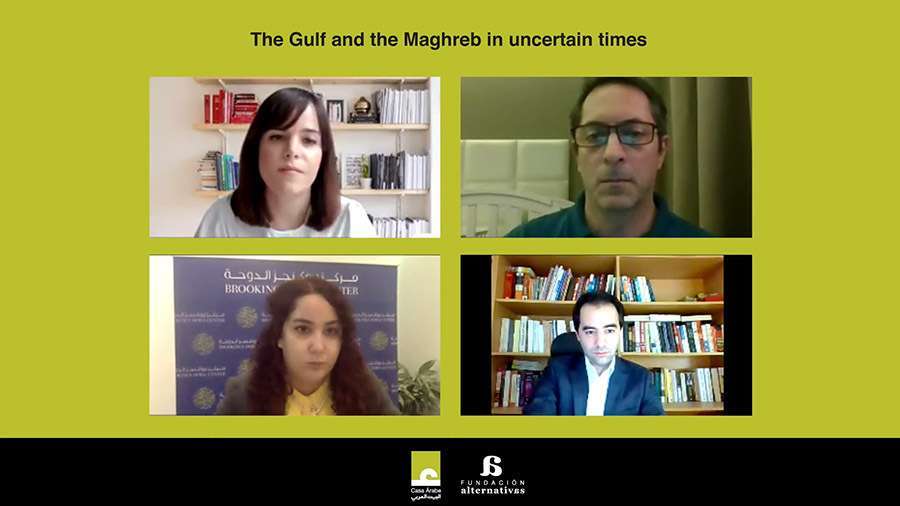 These relations between Europe and China are both a consequence and a cause of globalisation, which, according to Cinzia Bianco of the European Council on International Relations, "is accelerating at an incredible rate". This was one of the topics discussed at the event organised by Casa Árabe and Fundacion Alternativas under the title 'The Gulf and Maghreb in uncertain times', moderated by Casa Árabe's International Relations Coordinator, Karim Hauser. Bianco did not want to leave aside the other countries that are playing a very important role in the Maghreb region, such as Turkey and Qatar, and whose rivalry with Libya, he says, could unite their paths with Algeria.
These relations between Europe and China are both a consequence and a cause of globalisation, which, according to Cinzia Bianco of the European Council on International Relations, "is accelerating at an incredible rate". This was one of the topics discussed at the event organised by Casa Árabe and Fundacion Alternativas under the title 'The Gulf and Maghreb in uncertain times', moderated by Casa Árabe's International Relations Coordinator, Karim Hauser. Bianco did not want to leave aside the other countries that are playing a very important role in the Maghreb region, such as Turkey and Qatar, and whose rivalry with Libya, he says, could unite their paths with Algeria. 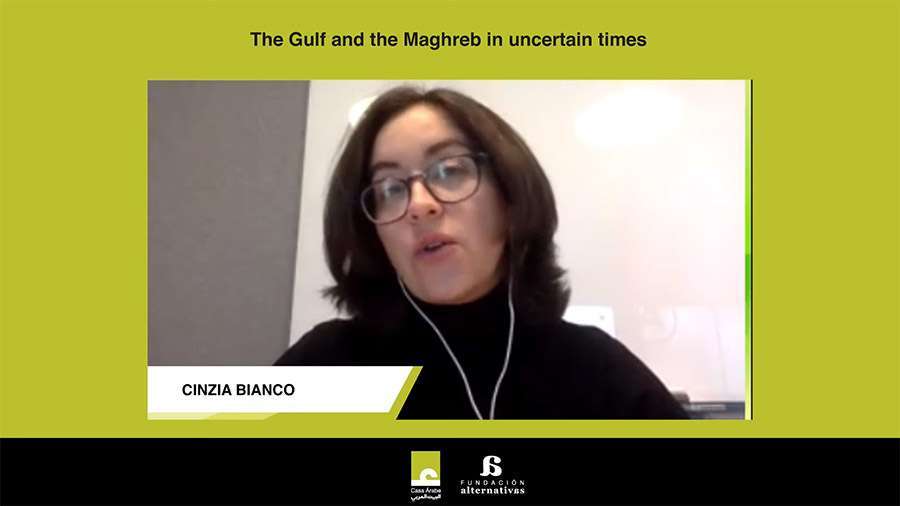
"Erdogan is a dictator", said Cinzia Bianco emphatically. However, she stresses that "one must also be open to negotiate with dictators". This is essential because Turkey is one of the countries that plays a vital role in all the conflicts in the region - precisely because Erdogan loves to get involved in as many as he can and then some - and "improving connections between the Maghreb and Europe must be one of the priorities of all the countries in the region". As it should be for a country undergoing reconstruction, such as Libya. "There is a lot of frustration about the Libyan conflict despite the formation of a National Unity Government," said Frederic Wehrey of the Carnegie Endowment for International Peace, who said that the work in the country led by Abdul Hamid Dbeiba is far from over.
The number of countries involved in each of the situations in the Middle East multiplies their difficulty. The interests of external actors end up being much more important than those of the countries in which the conflicts are taking place, and this is one of the reasons why it is difficult to find a solution. The actors present are never satisfied, as expectations end up exceeding reality, making it impossible to achieve what many countries are demanding in any case. And this is something that countries such as Tunisia are very concerned about, according to Youssef Cherif, political analyst at the Columbia Global Centers.
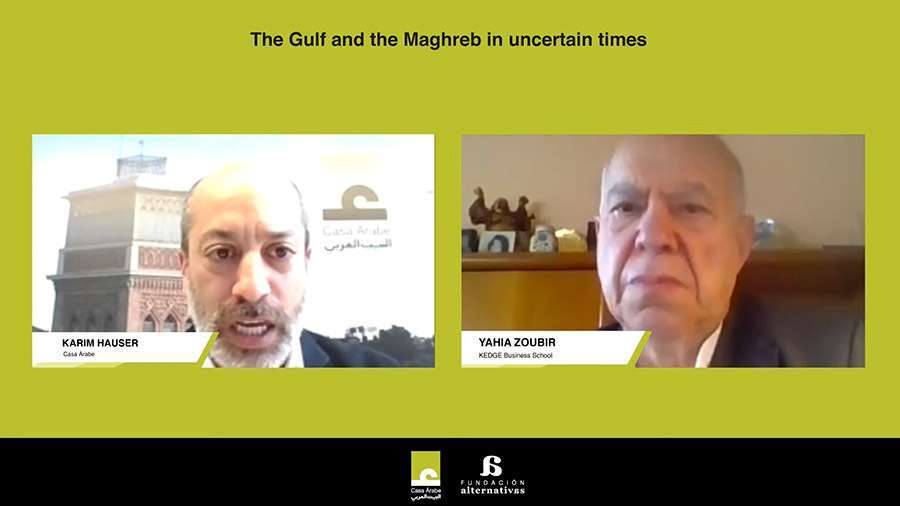
Cherif believes that the fact that Tunisia has a quality democracy and a political organisation based on the separation of powers puts it several steps ahead of the vast majority of its neighbours. It is in Qatar that they have found one of their strongest commercial allies, as has Saudi Arabia. It is precisely with Riyadh that Tunisia has recently strengthened its diplomatic ties, increasing the number of visits by Tunisians to Saudi Arabia. Youssef Cherif believes that there is no reason for this relationship to be strained unless Tunisia makes a rapprochement with Iran, which would provoke an immediate response from Mohammed bin Salman and possibly bring relations to an end, however fruitful they have been so far.
Saudi Arabia must lead a future project to stabilise the Maghreb and the Gulf. And it should do so together with what is now one of the continent's leading powers, the United Arab Emirates. Yasmina Abouzzohour of the Brookings Institution for International Relations believes that the leadership of both Arabia and the UAE is essential in the near future in order to calm the waters in places where instability is a daily occurrence. What is certain is that one of the reasons for this is the relationship between these two countries and Iran - as is the case with the rest of the West.
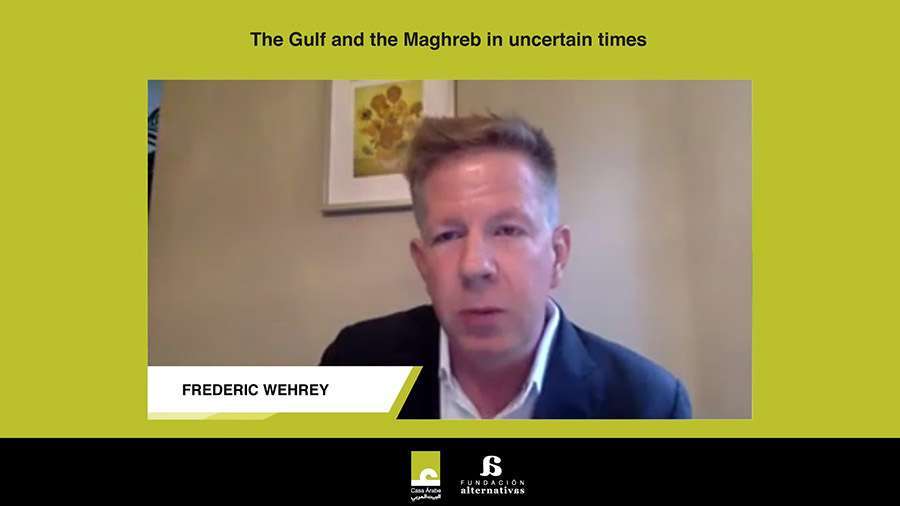
James Moran, the former EU ambassador to Egypt, puts relations with Iran as the most important issue in international relations right now. The return to the Joint Comprehensive Plan of Action (JCPOA) is a fundamental aspect that must be achieved "whatever it takes", says the diplomat and economist. Not only because of the relationship the US might have with Iran - which of course is also fundamental - but also because of the stability that this would bring to the entire region. Improving relations with Iran and doing everything possible to bring it back into the JCPOA is one of the fundamental pillars without which total stability cannot be achieved in the Maghreb or anywhere else in the world.








